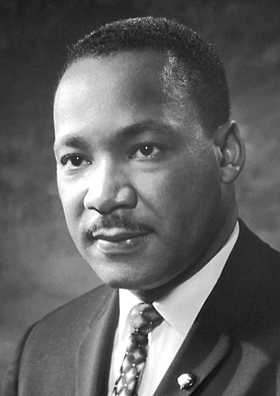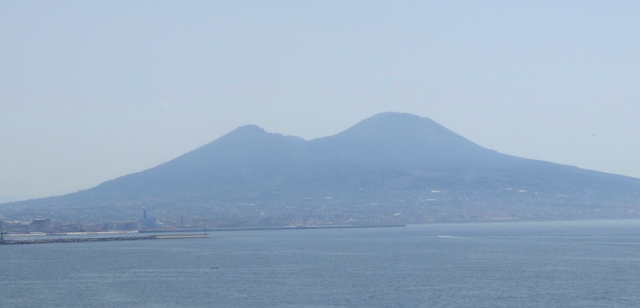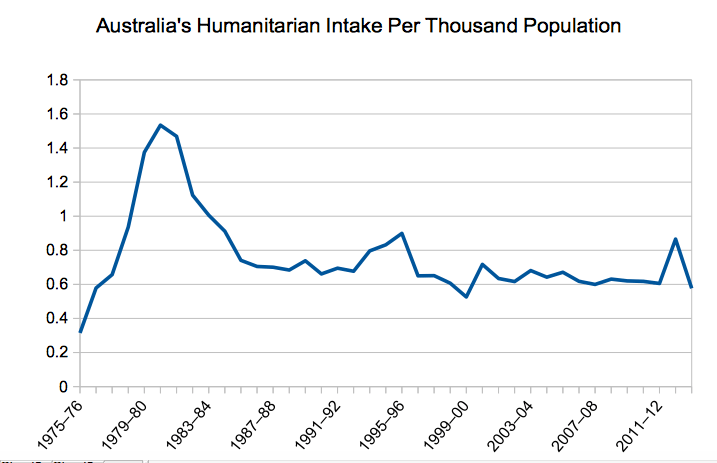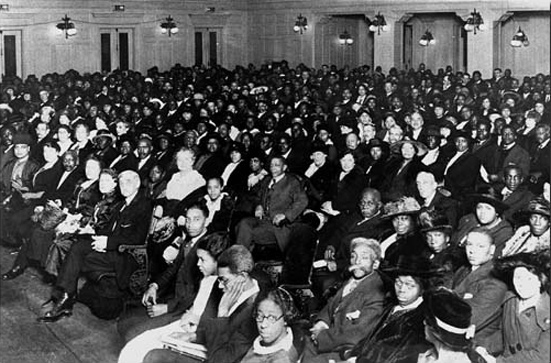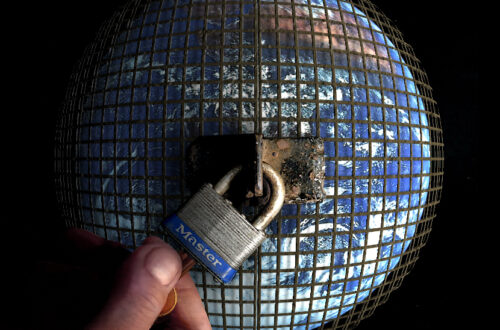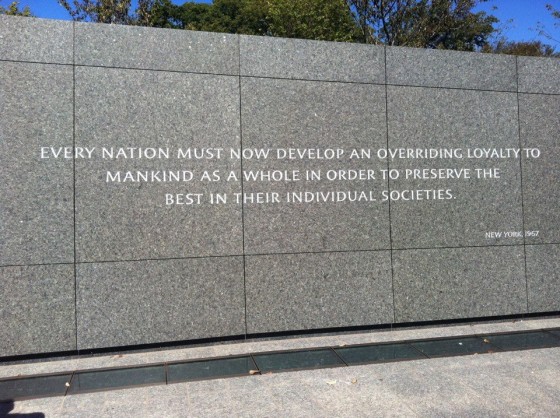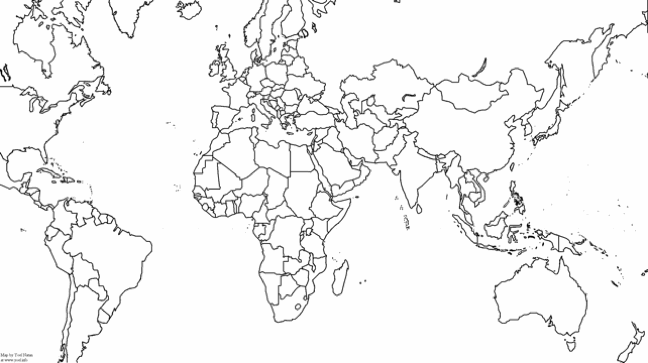-
Peace poetry: no borders exist, dividing up the sky
It seems better to remember peace than dwell on war. These verses are examples of poetry from around the world which express an aspiration for peace. It was our hope That all the world’s oceans Be joined in peace So why do the winds and waves Now rise up in angry rage? No lines exist Which sector off the sky So high above Though the nations of this earth Are all bound by borders. I still remember those days of peace — Twenty years among mountains and forests, The pure stream running past my yard, The caves and valleys at my door. I dream of a wave of peace A…
-
A refugee journey out of endless war
The anonymous words below come from the reflections of a young person who arrived in Australia as a refugee. She was when she wrote in Australian immigration detention. Her words were submitted to the national inquiry currently being undertaken by Australian Human Rights Commission into children in immigration detention. Links to national inquiry and her full submissions are provided below. Her story tells a refugee journey out of endless war. I am a young Somali girl who face hardest moment in life. I am 18 years old. I was born in Somalia where horror was basic need in our everyday life. I am a simple person who hides a thousands…
-
Belle
Humans are complex beings. The movie “Belle” (director Amma Assante) explores human complexity, particularly as it manifests in everyday human relationships. The movie is set in the late eighteenth century at the height of the transatlantic slave trade. Dido Elizabeth Belle (played by Gugu Mbatha-Raw) is the central character of the movie. She was born into slavery, but her father, Captain John Lindsay, was the nephew of the Lord Chief Justice William Murray (Earl of Mansfield). By this chance of fate, Dido escaped a life of slavery and was brought up instead in British high society – as part of the Lord Chief Justice’s household. The movie explores what life may…
-
Hiroshima
An old eucalyptus tree grows in the ruins of Hiroshima Castle. Although only 750 metres from ground zero when the atomic bomb was dropped on Hiroshima at 8.15 am on 6 August 1945, the eucalyptus tree survived and still lives. All around it for miles about was destroyed. Warfare has not been central to the discussion that has unfolded on this site, but it cannot be ignored. It is only foreigners or rebels that we kill in war. To label someone a foreigner is potentiality or in reality a licence to deprive them of life in “the national interest”. Moreover the logic of war provides a licence to deprive our…
-
Fifty Million Refugees and Displaced People
Not since World War II have there been more than fifty million refugees and displaced people in the world. On 19 June 2014 the United Nations High Commissioner for Refugees announced that this total had been exceeded in 2013. Half of those displaced are children.The primary cause of this increase in human suffering are violent conflict in places such as Syria, South Sudan and the Central African Republic. With fifty million refugees and displaced people in the world it is fair to call it a global crisis. yet the global response has been business as usual. Some countries have actually reduced their refugee quotas despite the global crisis.
-
Gattaca dystopia: future, present or the past?
It’s hard to work out if the 1997 movie Gattaca presents a vision of triumph or failure of humanity. It presents a dystopian future which echoes the dystopian elements of our present and past. In this future, people are judged solely by their genetic scorecard. Those whose parents do not engineer them for success before birth are marked out as an underclass fit only for menial tasks. Those who try to cross the genetic border are ‘de-generates’ and ‘invalids’ – a criminal other. The “genoism” (discrimination) that arises from the use of genes to judge human worth, echoes the race science of Nazism and early 20th century eugenics in…
-
A Fitting Memorial
On or around 14 November 2010 another 97 men, women and children lost their lives as asylum seekers crossing the sea to Australia. The recent Four Corners report (which focussed also on the people smuggler network involved) explored something of the lives of those lost. We here record their names, and what few details that Four Corners published concerning their lives. Such a listing can never be a fitting memorial. Among them was 24 year old Mohammad Rezaie whose fiance waited for him in Melbourne. He left home the day after his sister’s wedding. Ayad Al Kazami his wife and Hiba and Huba, their two daughters, were also on the boat. They also…
-
We have to bring the world together and learn to live as one
Sometimes our musicians capture in few words ideas at the heart of human rights. This article is dedicated to the song “United”, which was produced by a group of musicians “Playing for Change”. They wrote the song in cooperation with 7 billion actions, bringing together musicians from around the world. Where some might see the figure of 7 billion as a cause of alarm, these musicians see 7 billion human hearts. As 7 Billion Actions say on their webpage: 7 Billion Actions is connecting people and creating positive change through the universal language of music. Music has the power to break down boundaries between people. Music transcends geographical, political, economic, spiritual and ideological distances, uniting people…
-
Equal Pay for Equal Work
Everyone, without discrimination, has the right to equal pay for equal work. Universal Declaration of Human Rights, article 23(4) This idea is hard to argue with. It appeals to our sense of fairness. It appears in the Universal Declaration of Human Rights and in other human rights treaties, as well as in international labour conventions. Its history and elaboration is an achievement of the women’s movement. The principle is not however limited to gender inequality. Like other human rights principles, its realisation is a work in progress. Country after country has entrenched the principle of equal pay for equal work in national laws. Yet on a global scale, equal pay for equal…










